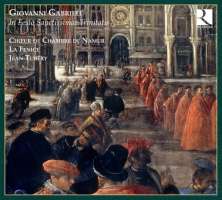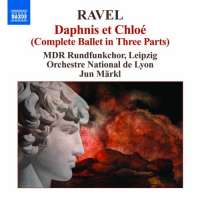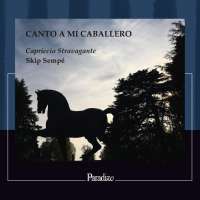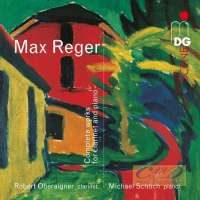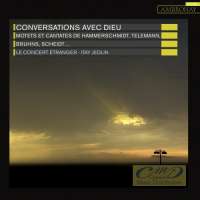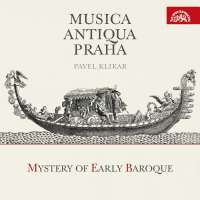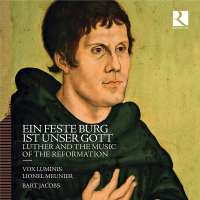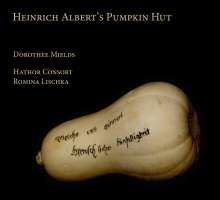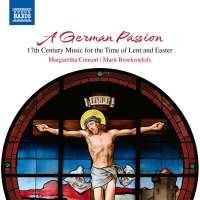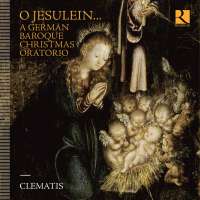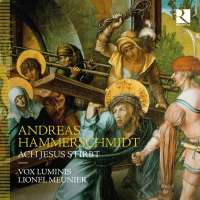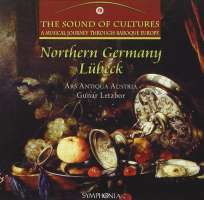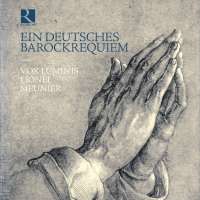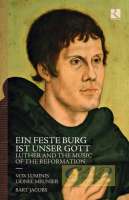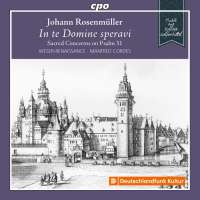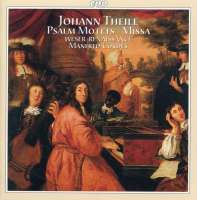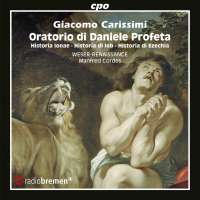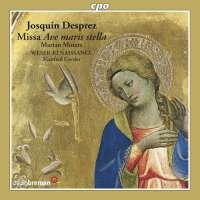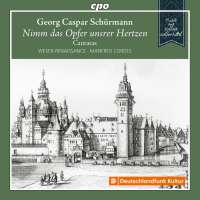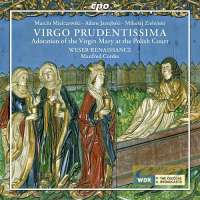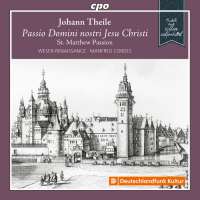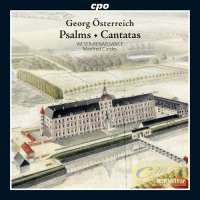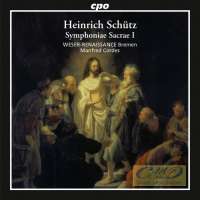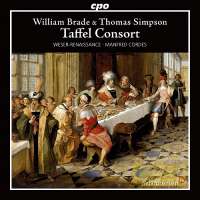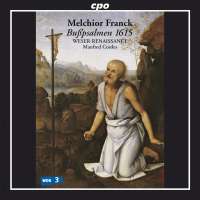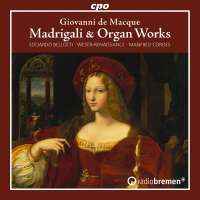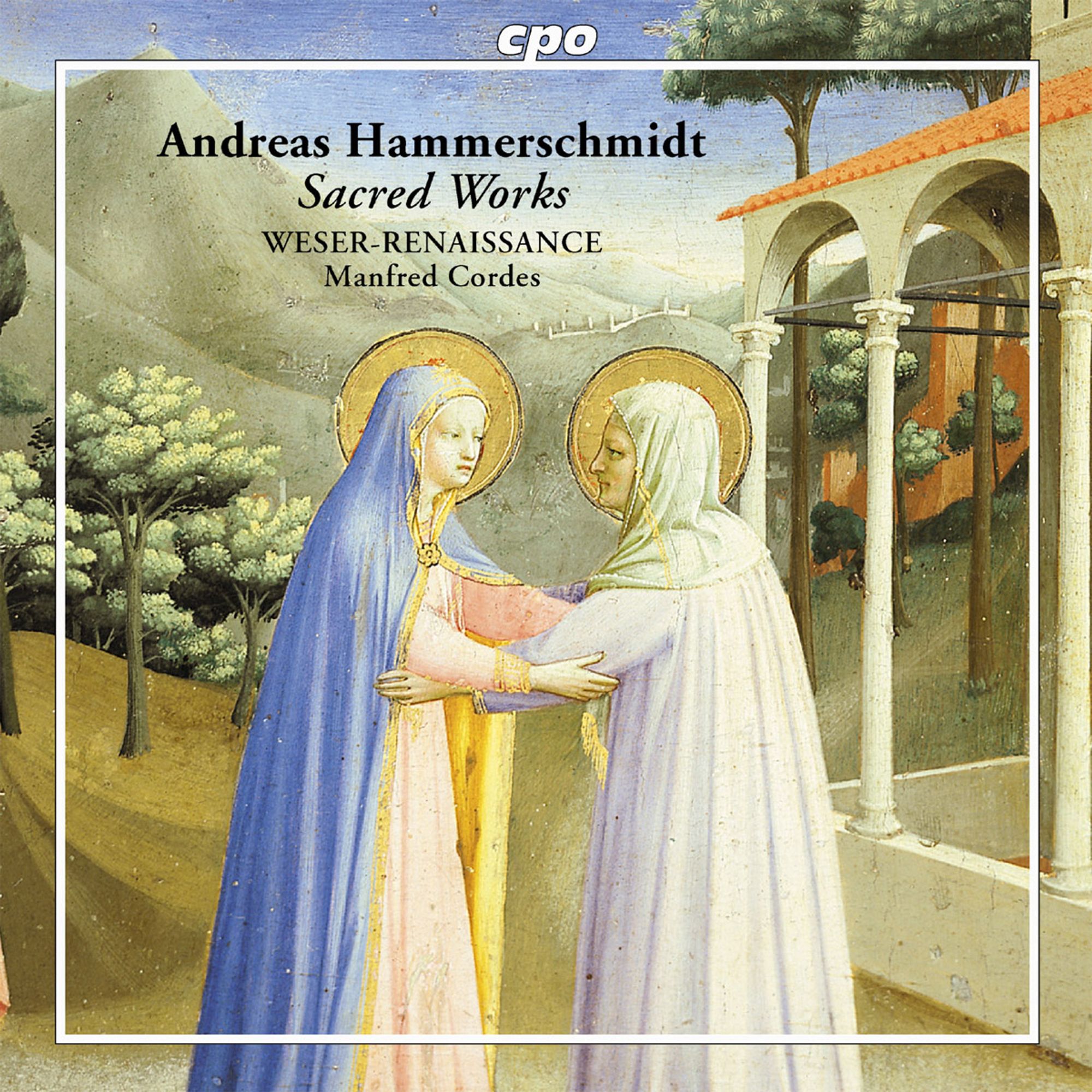
classical music distribution

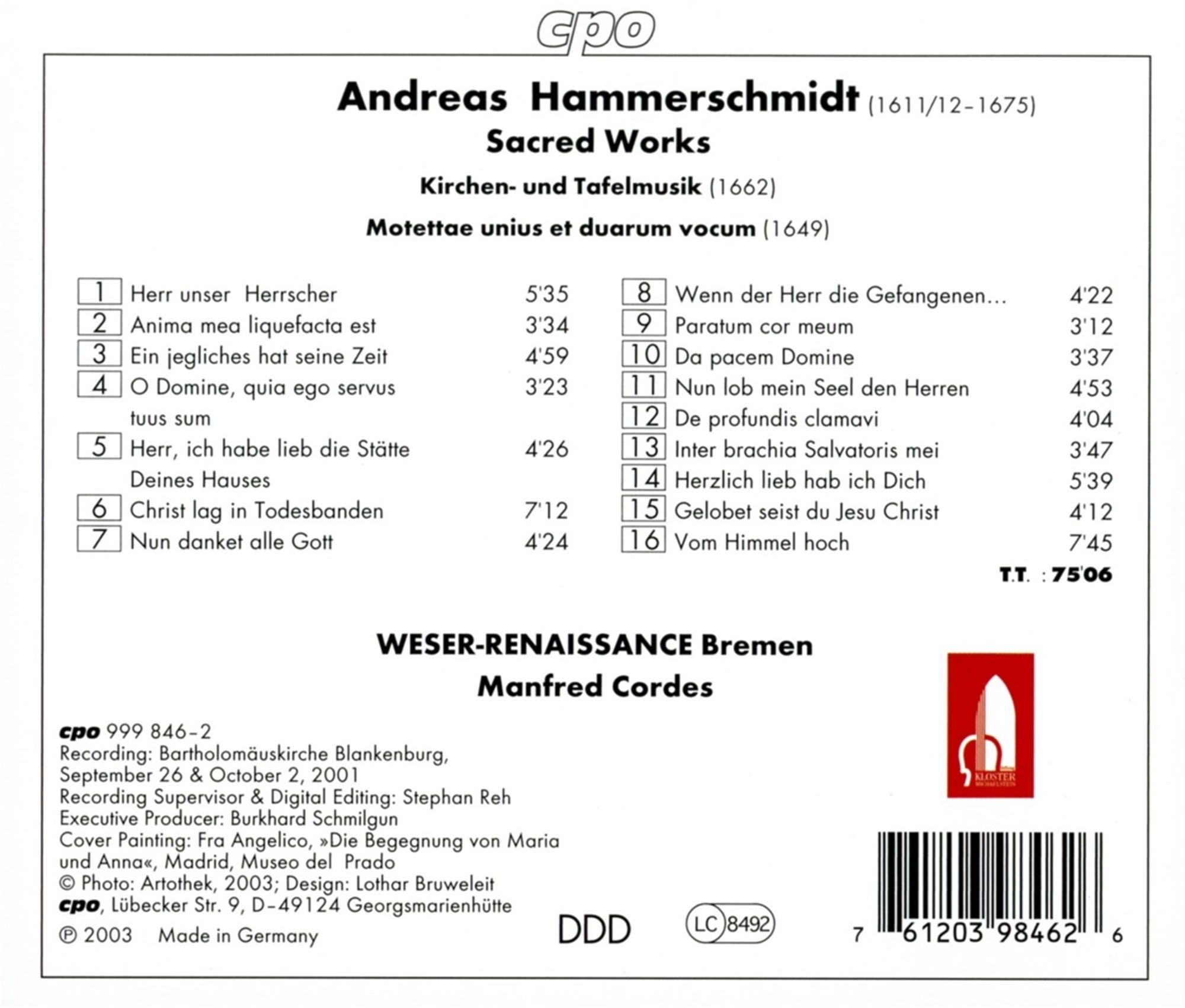
(Produkt nie został jeszcze oceniony)
kompozytor
Hammerschmidt, Andreas
tytuł
HAMMERSCHMIDT: Sacred works
wykonawcy
Cordes, Manfred;
Weser-Renaissance Bremen
Weser-Renaissance Bremen
nr katalogowy
CPO 999846
opis
Andreas Hammerschmidt was, alongside such outstanding composers as Heinrich Schütz, one of the so-called "minor masters" of the 17th century, and yet it is precisely this composer who deserves to be brought a little closer to posterity once again. During his lifetime, the more than 400 sacred works of the organist and cantor from Zittau were widespread and highly praised throughout Germany: "Look, our Hammerschmidt, the Orpheus of this time, will live, in spite of you now, and in eternity!" and Schütz himself was not sparing with compliments: "Continue as you do, the path has already been taken, there will be more of you to hope for in the future."
Hammerschmidt's music is characterized by a special catchiness that has nothing to do with triviality. It is always neatly crafted, but has a sensual melodiousness that made it popular even in the smallest village churches. There were enough contemporaries who disliked Hammerschmidt and envied his popularity. Manfred Cordes has now recorded a selection of his motets and sacred concertos with his ensemble WESER-RENAISSANCE for cpo that makes this popularity understandable.
• Hammerschmidt: Gelobet seist du, Jesu Christ
• Hammerschmidt: Herzlich lieb hab ich dich
• Hammerschmidt: Kirschen-und Tafelmusik (1662)
• Hammerschmidt: Motettae nius et duarum vocum (1649)
• Hammerschmidt: Nun danket alle Gott.
Hammerschmidt's music is characterized by a special catchiness that has nothing to do with triviality. It is always neatly crafted, but has a sensual melodiousness that made it popular even in the smallest village churches. There were enough contemporaries who disliked Hammerschmidt and envied his popularity. Manfred Cordes has now recorded a selection of his motets and sacred concertos with his ensemble WESER-RENAISSANCE for cpo that makes this popularity understandable.
Works:
•Hammerschmidt: Christ lag in Todesbanden
• Hammerschmidt: Gelobet seist du, Jesu Christ
• Hammerschmidt: Herzlich lieb hab ich dich
• Hammerschmidt: Kirschen-und Tafelmusik (1662)
• Hammerschmidt: Motettae nius et duarum vocum (1649)
• Hammerschmidt: Nun danket alle Gott.
nośnik
CD
gatunek
Muzyka klasyczna
producent
CPO
data wydania
14-11-2003
EAN / kod kreskowy
761203984626

(Produkt nie został jeszcze oceniony)
cena 58,00 zł
lubProdukt na zamówienie
Wysyłka ustalana indywidualnie.
Darmowa wysyłka dla zamówień powyżej 300 zł!
Darmowy kurier dla zamówień powyżej 500 zł!
sprawdź koszty wysyłkiProduktu jeszcze nie zrecenzowano, chcesz być pierwszy?
Klienci, którzy kupili ten produkt, kupili również
Pozostałe płyty tego kompozytora
różni kompozytorzy
Rosenmüller, Hammerschmidt, Telemann, Scheidt: Motets & Cantatas
AMY 045
różni kompozytorzy
Ein feste Burg ist unser Gott - Luther and the Music of the Reformation
RIC 376
Pozostałe płyty tego wykonawcy
Rosenmüller, Johann
Rosenmüller: In te Domine speravi - Sacred Concertos on Psalm 31
CPO 555 165-2
różni kompozytorzy, Zieleński, Mikołaj
Virgo Prudentissima - Mielczewski; Jarzębski
CPO 777772
Theile, Johann
Theile: Passio Domini nostri Jesu Christi (St. Matthew Passion)
CPO 555 285-2
Napisz recenzję dla: HAMMERSCHMIDT: Sacred works
Zapytaj o dostępność produktu
Twoje zapytanie:
Odpowiemy na adres:
Produkt został dodany do koszyka

Hammerschmidt, Andreas
HAMMERSCHMIDT: Sacred works
1 szt
